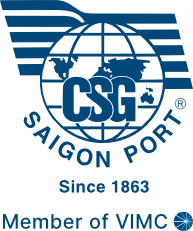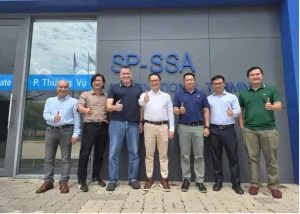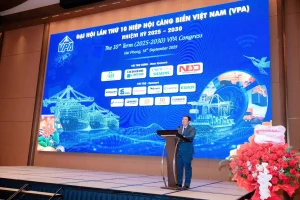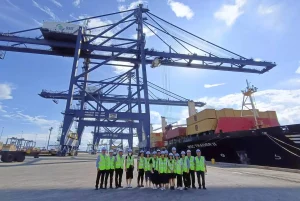On the morning of July 21st, at the conference hall of Saigon Zoological and Botanical Gardens Co., Ltd., the Party Committee’s Standing Committee of the Ho Chi Minh City Business Bloc held a Meeting for the Implementation of Resolution 98/2023/QH15 on piloting specific mechanisms and policies for Ho Chi Minh City development.
Attending the meeting were Comrade Assoc Prof – Dr. Tran Hoang Ngan – Secretary of the Party Committee of Ho Chi Minh City, Deputy of the 15th National Assembly; Comrade Ngo Thanh Tuan – Secretary of the Party Committee and the Delegates of the Business Sector of Ho Chi Minh City. On the side of Saigon Port JSC, there were Comrade Vo Hoang Giang – Secretary of the Party Committee, Comrade Le Van Son – Deputy Secretary of the Party Committee, and Mr. Nguyen Le Chon Tam – General Director.
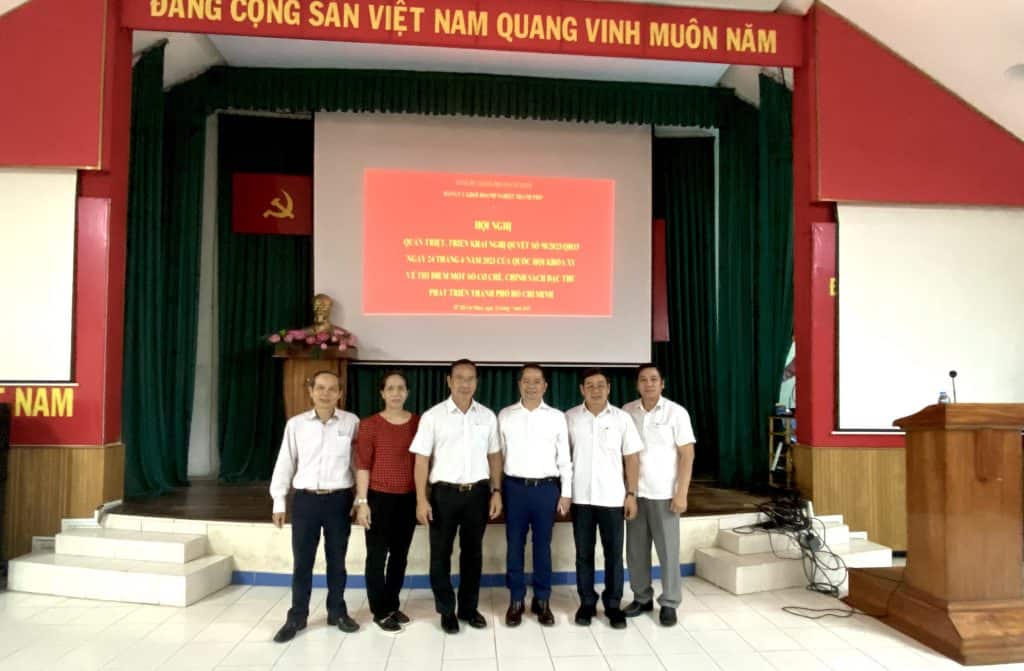
At the conference, Comrade Tran Hoang Ngan briefly reported on Resolution No. 98/2023/QH15, highlighting the main points on piloting specific mechanisms and policies for Ho Chi Minh City development.
In that context, General Director Nguyen Le Chon Tam, representing Saigon Port, presented a report on the proposal for the research and construction of an international transshipment port in Can Gio. The project location is at the mouth of the Cai Mep River (Ba Ria – Vung Tau) – Can Gio (Ho Chi Minh City) with a highly favorable natural geographical position, a gateway for global trade. The project will contribute to the economic development of the Southern Key Economic Zone and the whole country while helping Ho Chi Minh City maintain its position as a regional central logistics and excel in shipping.
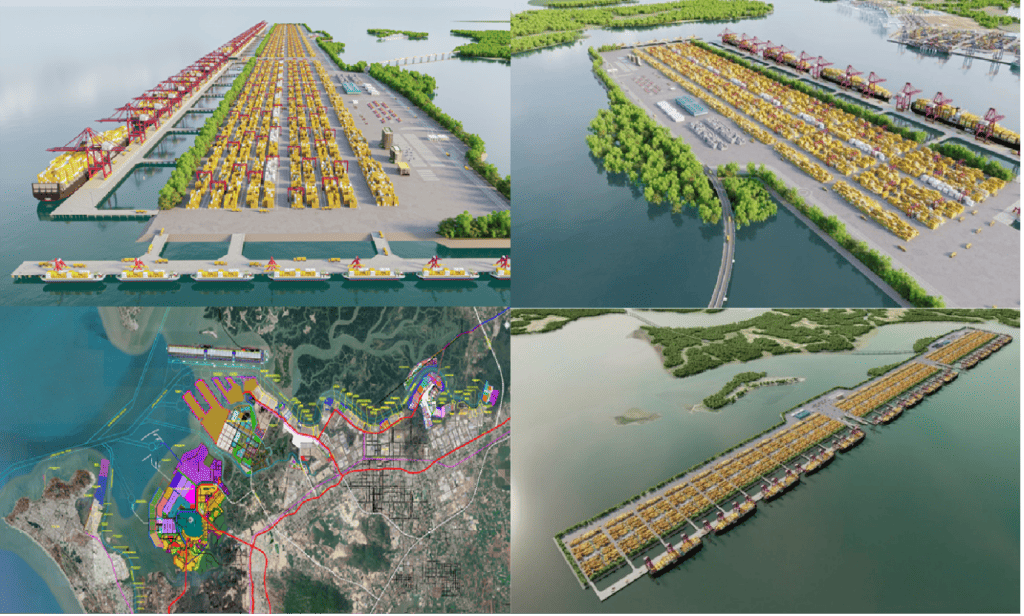
The project is not only geographically convenient but also attracts investment interest from the world’s largest shipping company at present – MSC/TIL – committed to directing the flow of cargo to this port. The project covers an area of over 93 hectares with a total length of about 7.2 km, suitable for vessels up to 250,000 DWT. The estimated total investment is around 5.4 billion USD, to be invested over 7 phases. Phase 1 is expected to be completed by 2027, prioritizing waterway transportation and researching to strengthen road infrastructure for the subsequent phases, and the last phase is expected to be completed in 2045.
By: CHUONG NGUYEN – CSG

